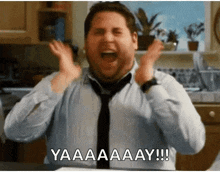RIP the Western Bloc?
As America drifts from its traditional alliances, what does this shift mean for our cultural identity? Do we still represent western ideals?
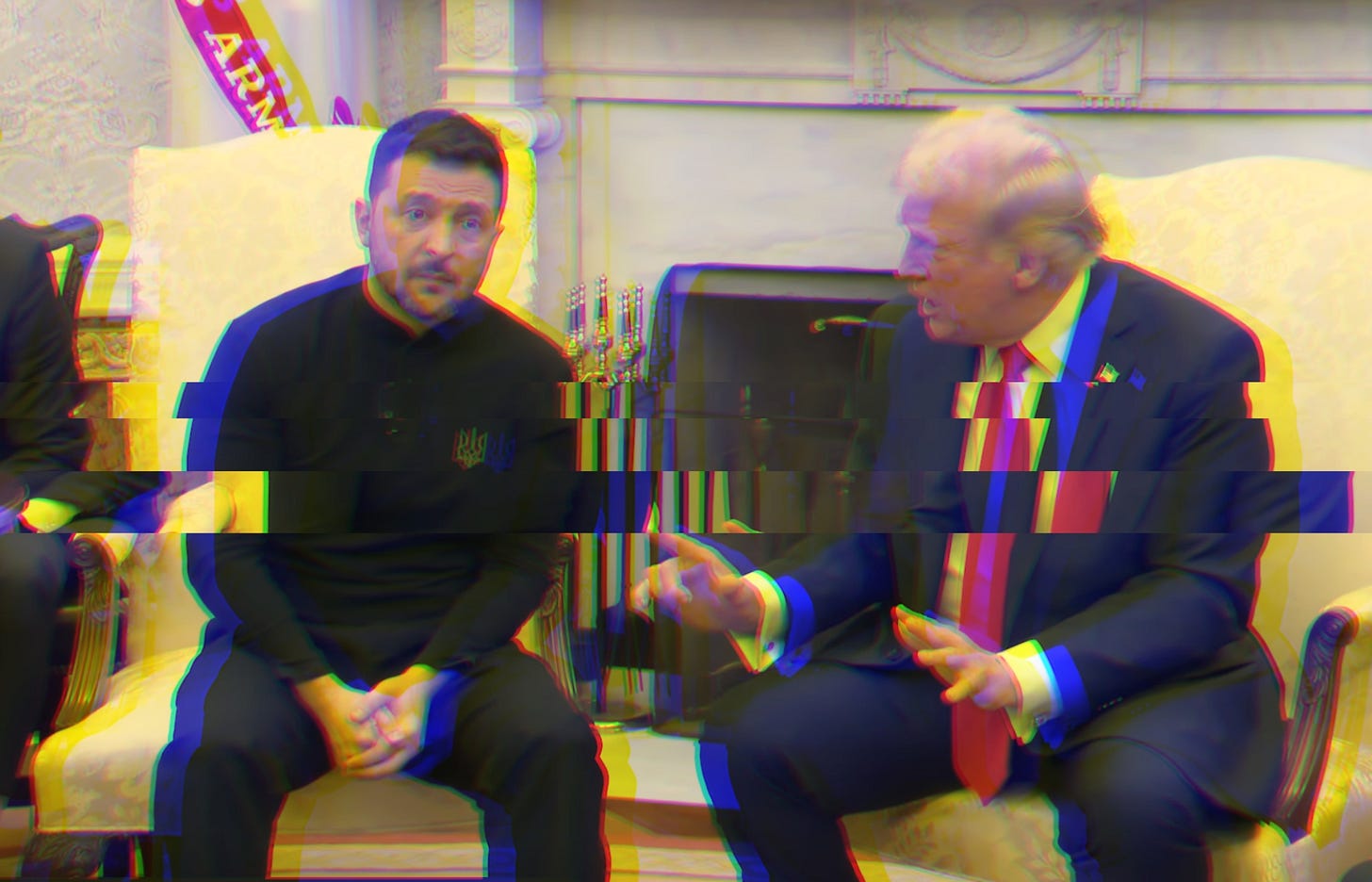
One of my favorite historical periods is the Cold War. I’ve devoured countless books on it because I find the concept of entire nations aligning and going to war over competing ideologies or cultures fascinating. Between 1947 and 1991, the United States championed its capitalistic, free-market democracy against the Soviet Union’s communism. It was a stark divide: on one side, you had personal freedoms, private enterprise, and open expression; on the other, state control, centralized planning, and severe restrictions on free speech. This ideological rivalry shaped global relationships for decades.
You can imagine the shock many Americans felt last week when President Trump and Vice President J.D. Vance effectively berated Ukrainian President Volodymyr Zelensky and suspended military aid to Ukraine. In the midst of a war that directly pits Western democratic ideals against Russia’s authoritarian leanings, these actions seemed to mark a clear departure from the familiar posture of backing allies and partners who share those core “Western” cultural values.
So, how does the realignment of our foreign policy affect American culture and identity? If our bonds with Western-culture nations keep fraying, could core freedoms like open journalism and public protest face new threats? Understanding this trend helps us see what remains of the Western bloc—and whether we still belong in it.
Want More Content Like This?
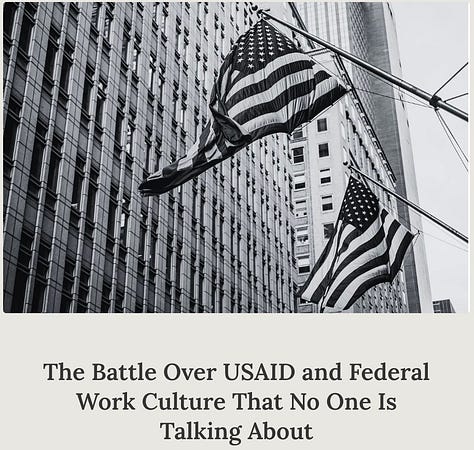
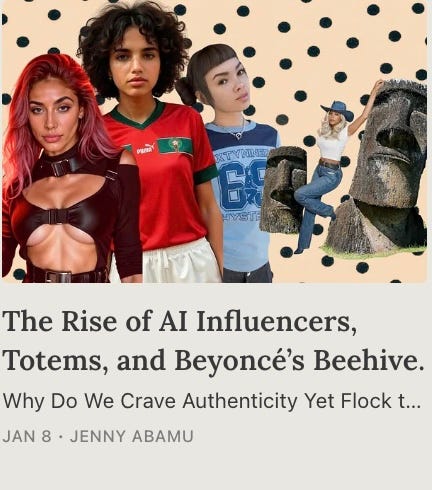
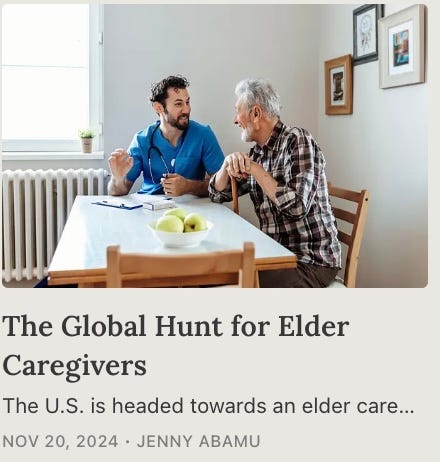
From Plato to NATO
When I served as a diplomat in Saudi Arabia, one of my main goals was to foster an environment where Western ideologies—like property rights, respect for women, and freedom of expression—were more palatable to locals. It’s not that I was there to push some monolithic American agenda; rather, the point was that shared values make it easier to build partnerships, do business, and live harmoniously. If we speak the same cultural “language,” we’re less likely to misunderstand each other on essential matters.
Now, what’s happening inside the United States makes me wonder if we’re still championing those core Western tenets. The West, as I’ve always understood it, refers to a fluid and evolving concept more tied to ideals than geography or even race. Historians trace the earliest concepts of what can be called westernization to ancient Greece. Over centuries, it became a blend of democratic governance, rule of law, human rights, individual liberty, and economic freedom. This is the cultural glue that tied the U.S. to nations across the Atlantic and formed the backbone of the NATO alliance.
Of course, “the West” has never been a monolith. America’s flavor of Western democracy is distinct from, say, France’s or Germany’s. But we’ve generally held onto that shared baseline of open discourse and the sanctity of individual freedoms.
How Does “Western Culture” Show Up Daily?
Western culture, in an American context, plays out in a variety of ways, for example:
• Free Speech: The ability to critique leaders publicly (like what we’re doing here) without state retaliation.
• Elections: We vote for our leaders, and in theory, those leaders are beholden to the people who elected them.
• Protest and Assembly: We can gather in public, voice our frustrations, and push our representatives toward change.
This is not to say other parts of the world don’t protest or vote. They do. But in many places, a thick cloud of fear hovers. In certain countries, a bold opinion piece can cost you your job—or worse, your freedom. So, for me, a big hallmark of “the West” is being able to participate in civic life without that constant dread of an authoritarian crackdown. It’s the lack of fear.
Are We Truly Shunning the Bloc Now?
The question that’s been nagging me since that tense meeting involving Zelensky, Trump, and J.D. Vance is whether this shift indicates a deeper break with Western alliances or if it’s just political theater. It’s impossible to know for sure right now. Some say this is the final nail in the coffin; others insist Trump is simply prioritizing ‘America First.’
At the moment, people are still protesting and voting freely in the United States—some might argue more passionately than ever. But there’s also a creeping sense of caution among some journalists and political analysts. More are looking over their shoulders, worried about rhetorical attacks, lawsuits, or smear campaigns that could threaten their job security if they press too hard.
This moment feels like a test. What will happen to American westernization if we cozy up to regimes that historically clash with western principles? Even if such a realignment is temporary, the cultural repercussions could be long-lasting.
Here’s what I do know: “Western culture” isn’t just about our alliances, it’s a living belief system that fosters open thought, civil rights, and transparent governance. If that part of our culture evolves, we might not notice right away, but we’ll soon feel its absence everywhere—particularly in freedoms we only realize are gone when we need them.
You’re now more cultured because…
…you now understand that Western culture isn’t just about geography or economics—it’s about shared values rooted in personal freedoms and collaborative governance.
Help Us Reach Our Subscriber Goals. 1,000 Strong.
We really want to hit 1000, subscribers (free or paid) and would love your help getting there.
Refer three friends and get one month for free.
Or, help us grow and gift a subscription to a friend.
Follow us on Instagram and LinkedIn: Connect with us for regular updates, behind-the-scenes snippets, and all the global savvy you crave.







